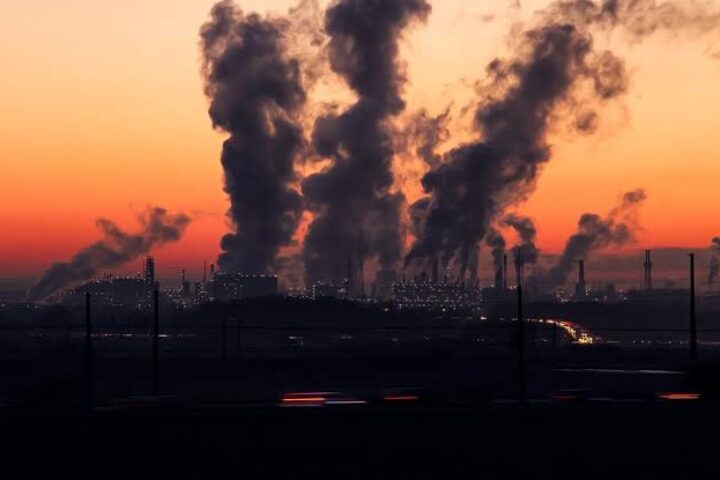Climate Crisis
It is called climate change but pronounced climate crisis.
First of all... what is climate change?
Climate change refers to changes in the planet's climatic conditions, whether due to natural causes or human activity.
The earth has a layer of gasses in the atmosphere that traps heat; this is known as the greenhouse effect and it allows life on earth. However, when there is an excessive production of greenhouse gasses, more heat is trapped and the average global temperature rises.
The main greenhouse gasses are carbon dioxide (CO2) which is emitted mainly in energy production, transportation and agriculture; methane (CH4) which is emitted in industry, agriculture and from the decomposition of waste; fluorinated gasses which are found in substitutes for ozone-depleting substances; nitrous oxide (N2O) which is emitted mainly in agriculture; and water vapor (H2O(v)) which reaches the atmosphere by evaporation caused by rising temperatures.

Ok, so… Why is it a crisis and how is it affecting us?
Due to the rapid increase in the average global temperature and the drastic consequences this has entailed, we are currently experiencing a climate crisis.
Since the first industrial revolution, human activity has generated an excess of greenhouse gasses, which has caused the concentration of CO2 in the atmosphere to increase from 280 to 420 parts per million and, with this, the average temperature has risen by more than 1° C. This increase in CO2 concentration has been measured by records in nature, which capture information on atmospheric conditions over time, e.g., ice cores, tree rings, corals, etc.
The drastic increase in average global temperature is modifying climate systems, causing ecological imbalance and affecting life on the planet. Industrial activities and overexploitation of resources continue to increase and, despite the fact that we are innovating in all productive sectors with clean energy, carbon sequestration, agroecology, etc., emissions are not decreasing fast enough to avoid catastrophic consequences.
Today we are experiencing the consequences of the climate crisis: more intense and/or recurrent hurricanes, floods, fires and droughts; rising sea levels; loss of biodiversity; massive displacements; and more. In addition, rising temperatures and habitat destruction have increased the risk of plagues and pandemics, directly affecting human health and food security. All of this can be further exacerbated if we don't make a change as a society.
That's why we created Widu, a community that through education, cooperation and technology can guide effective climate action and encourage more conscious lifestyles to achieve a sustainable path forward. To learn a little more about this issue and how we can be part of the solution, we leave you a video from the incredible minds behind Kurzgesagt.
Sources: WMO, NOAA, NEEF, Climate Watch